It’s the Edinburgh International Festival, and Barrie’s back in town. Once, Edinburgh was pretty much the only place that you could see Barrie Kosky directing in the UK; there was a satisfyingly transgressive thrill about an opera director whose priorities were so self-evidently about the whole art form that he’d happily stage Monteverdi as a tango-powered revue. In recent years, Baz the Knife has supplied increasingly rare moments of discovery amid the EIF’s all-you-can-eat buffet of touring orchestras and reheated prestige productions. But he’s not the rare bird he was. In fact, with a Carmen in rep at Covent Garden and a new London Rheingold coming soon after his Dialogues des Carmélites at Glyndebourne and the Proms, he’s starting to look like a fixture.
No complaints here. Few directors possess Kosky’s animal instinct for making music serve drama and this brief run of The Threepenny Opera felt like a true Festival event. The performers were the Berliner Ensemble and I arrived with a head full of preconceptions: grainy footage of Mother Courage, guttural voices croaking out agitprop. In fact we saw a group of multi-tasking performers who played off each other with unforced, virtuosic agility. Kosky excels with ensembles. As intendant of Berlin’s Komische Oper, he built a company to revive the city’s interwar jazz-operetta tradition, remaking shows by Oscar Straus and Paul Abraham as punchy, high-kicking spectaculars. Apparently ENO asked him to bring one to the Coliseum. He declined: the style was so rooted in that place and those performers that it simply wouldn’t transplant.
Anyhow, in Edinburgh a glitter curtain shimmered and a pale face goggled through into the spotlight and began to sing. ‘Und der Haifisch, der hat Zähne…’ already it was all there: the sleazy glamour, playfulness and lilting cynicism of Weill and Brecht’s predatory earworm. The set, too – by Rebecca Ringst – was cleverer than it looked. The city (it still comes as a jolt that it’s supposed to be London) was sketched as a Tetris-like climbing frame and the cast clambered around the metalwork or chased each other in parkour-like action. In Kosky’s conception, it’s the performers who provide the show’s dark glitter. In ‘Pollys Abschiedslied’ the backdrop flushed yellow and the characters moved about their frames in silhouette; a moment of beauty wholly stripped of sentimentality.
But of course, Kosky knows exactly what this company can do, and you could hear that Berlin operetta tradition in the singing. The cast had sufficient classical training to sustain (and even, when necessary, sweeten) their musical lines but without any hang-ups about making vocal colour serve character, snarling, hissing and shouting as required. Cynthia Micas’s Polly was a precious little madam in a party dress; Bettina Hoppe (Jenny) had tenderness as well as bite, and Tilo Nest played Peachum as a big, murderous teddy bear.
It’s Mackie Messer’s show, though, and Gabriel Schneider really was the psychopath as rockstar – a voice of equal parts aftershave and venom coupled to a pale, wiry physicality that made his final hanging as funny as it was macabre. We’re all complicit, of course, and why wouldn’t we be when the band was kicking up such a storm? A stripped-down jazz combo was directed from piano and seedy-sounding harmonium by Adam Benzwi: one of Kosky’s regular operetta collaborators. They played the socks off Weill’s score – cutting loose, improvising, making the whole thing swing. Raw entertainment, in other words. Kosky understands his material well enough to know the real danger comes when you’re having the most fun.
It’d be hard to top that, and the EIF didn’t try: this was the closest the 2023 Festival came to presenting a fully-staged opera. It’s the first year under the direction of Nicola Benedetti and possibly – like many classical musicians – she shares the misconception that concert performances of opera are an adequate substitute.
But the touring orchestra list remains healthy and the following night we heard the Oslo Philharmonic play the epilogue from Rolf Gupta’s Earth’s Song (a sort of wrong-note Lohengrin prelude with four bass drums) plus Sibelius’s Seventh and Mahler’s Fourth.
The orchestra sounds lovely – concentrated sweetness in the upper strings; brilliant, transparent woodwind, and a way of swaying together (or in the Mahler, practically swooning) that was wholly seductive. It’s currently under the direction of the 27-year- old Klaus Makela, and I wanted to enjoy his interpretations if only to avoid the cliché of suggesting that a much-praised (and clearly gifted) young star really ain’t all that. The Mahler – music that can get by on colour, effects and the thrill of the moment – was certainly vivid enough. But with Sibelius there’s nowhere to hide. On the evidence of this skin-deep, episodic reading Makela isn’t ready to perform this repertoire in front of an international audience.
Got something to add? Join the discussion and comment below.
Get 10 issues for just $10
Subscribe to The Spectator Australia today for the next 10 magazine issues, plus full online access, for just $10.
You might disagree with half of it, but you’ll enjoy reading all of it. Try your first month for free, then just $2 a week for the remainder of your first year.

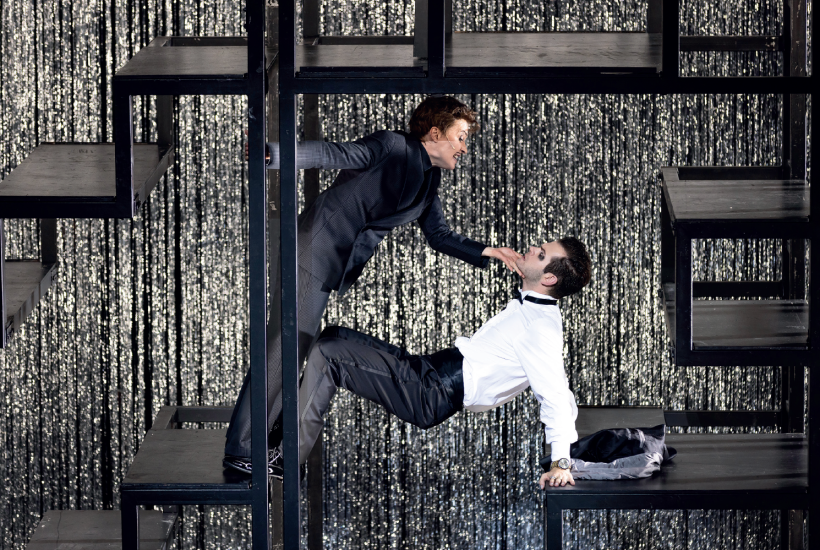
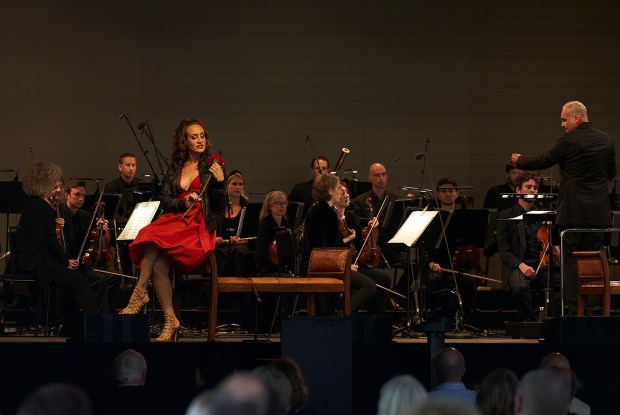
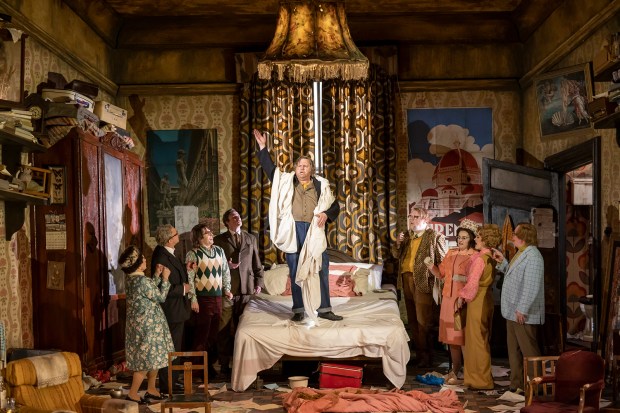
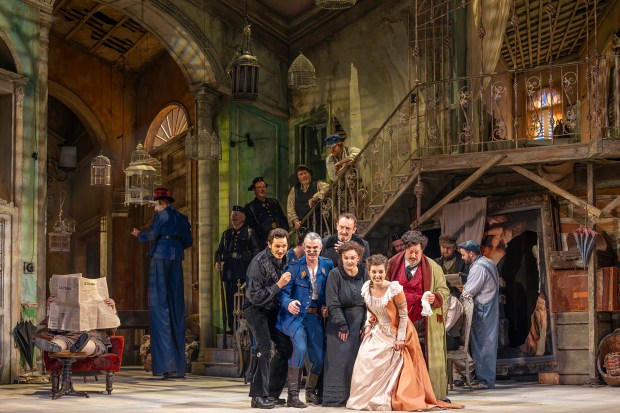
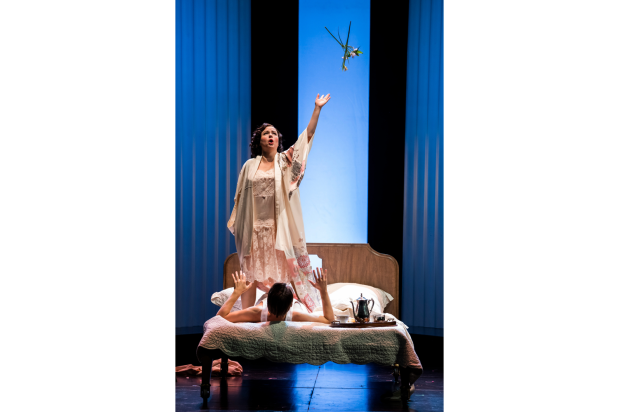
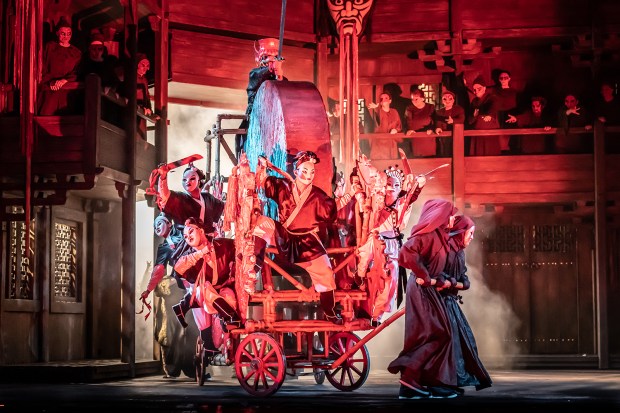
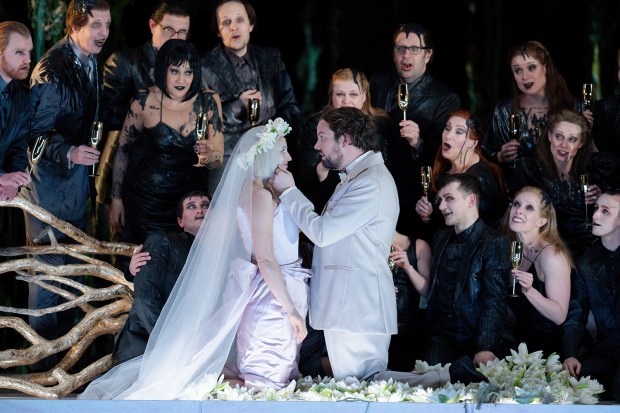






Comments
Don't miss out
Join the conversation with other Spectator Australia readers. Subscribe to leave a comment.
SUBSCRIBEAlready a subscriber? Log in